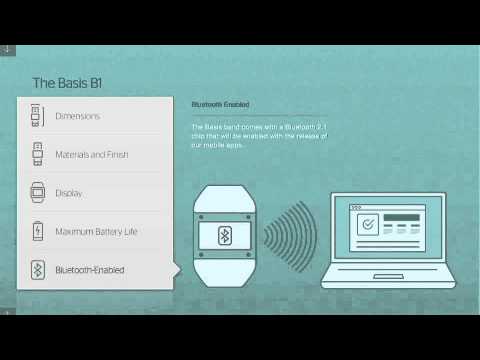The Impact of COVID-19 on Hospitals in Los Angeles
Summary
In this article, we explore the impact of COVID-19 on hospitals in Los Angeles. The situation is still critical, with no available ICU beds, and the outbreak is not under control. The hospital is facing a strain on its system, with a shortage of specific isolation beds for COVID patients, and trauma cases are increasing. The disproportionate effect of COVID-19 on patients of color is highlighted, and decisions and policies that open the economy too early are considered racist policies. There are concerns about transparency, data sharing, accountability, and privacy as hospitals report their COVID data to a centralized database run by the White House. Despite these issues, medical professionals are working hard to care for patients with COVID-19.
Table of Contents
- The Strain on Hospitals
- Disproportionate Effect on Patients of Color
- Concerns about Reporting COVID Data
- Medical Professionals’ Efforts
The Strain on Hospitals
The COVID situation in Los Angeles is still critical, with no available ICU beds in the hospital. As California reopens, the hospital is functioning regularly, but the outbreak is not under control. The ER occasionally goes on diversion, and community spread is prevalent, with many asymptomatic patients coming to the hospital for other problems. Trauma cases are increasing, and July is a busy month for traumas. The hospital is facing a strain on its system, with a shortage of specific isolation beds for COVID patients. The COVID virus attacks the tiniest blood vessels in the body, causing kidney failure in critically ill patients. The hospital has reached capacity for the number of patients who require dialysis. When the system is stretched, everyone suffers, not just COVID patients.
Disproportionate Effect on Patients of Color
The speaker highlights the disproportionate effect that COVID-19 is having on patients of color, who make up a large proportion of hospitalized patients. They believe that decisions and policies that open the economy too early are racist policies. The speaker is struggling with the emotional toll of the pandemic and the unfairness of the situation.
Concerns about Reporting COVID Data
The federal government has decided that hospitals and local public health authorities should report their COVID data to a centralized database run by the White House instead of the CD. This has raised concerns about transparency, data sharing, accountability, and privacy.
Medical Professionals’ Efforts
Despite these issues, medical professionals are working hard to care for patients with COVID-19. One patient has a complex abdominal wall hernia and is intubated due to the risks of re-intubation and extubation. Another patient has a fever, which may be due to COVID-19 or an intestinal perforation. Medical professionals are being asked to recycle their N95 masks, and there is a shortage of ICU beds. The writer is finishing their critical care fellowship and participating in clinical trials for COVID-19, including one involving mesenchymal stem cells. The writer has 12 days left in their fellowship, including one more day rounding.
Conclusion
The impact of COVID-19 on hospitals in Los Angeles is severe, with no available ICU beds and a shortage of specific isolation beds for COVID patients. The situation is not under control, and there are concerns about transparency, data sharing, accountability, and privacy as hospitals report their COVID data to a centralized database run by the White House. Medical professionals are working hard to care for patients with COVID-19, but the disproportionate effect of COVID-19 on patients of color is a cause for concern. Decisions and policies that open the economy too early are considered racist policies, and the emotional toll of the pandemic is significant.







